Dhaka, July 23 (V7N) — In a high-level emergency meeting held on Tuesday night at the state guest house Jamuna, Chief Advisor Dr. Muhammad Yunus met with key leaders from four political parties—Bangladesh Nationalist Party (BNP), Jamaat-e-Islami, National Citizen Party (NCP), and Islami Andolon Bangladesh—amid escalating tensions and violent unrest across the country.
The meeting took place following a series of politically sensitive incidents, including the tragic aircraft crash at Milestone School and College, student-led vandalism inside the Secretariat, a prolonged blockade of two government advisors in Uttara for nine hours, and fatal attacks in Gopalganj. These developments prompted the Chief Advisor to urgently convene the political leaders to seek consensus on restoring stability.
During the discussions, political leaders collectively called on the interim government to adopt a firmer stance in restoring law and order. They criticized the apparent inaction and lack of coordination among law enforcement and intelligence agencies, demanding an investigation into their repeated failures to provide early warnings.
The Chief Advisor acknowledged administrative weaknesses and the inability of intelligence agencies to preempt recent violent episodes. He emphasized that improving security and political unity was essential to creating a conducive environment for a fair and credible election.
The political representatives, while reaffirming their collective opposition to fascist tendencies, pressed for greater transparency and government resolve. Jamaat leader Dr. Syed Abdullah Mohammad Taher and NCP convenor Nahid Islam expressed concerns that despite the government banning the ruling Awami League, there had been no effective follow-up actions. Islami Andolon leaders echoed the demand for tougher enforcement measures.
BNP Secretary General Mirza Fakhrul Islam Alamgir, who attended along with Standing Committee Member Amir Khasru Mahmud Chowdhury, reiterated that without an elected government, national unrest would persist. He asserted that while BNP was cooperating with the interim administration, an unelected government lacked the legitimacy needed to resolve deep-rooted crises.
Dr. Yunus responded that political stability requires active cooperation from all parties. He reiterated that dismantling fascist threats must be a unified effort and urged the parties to ensure visible solidarity in the public sphere.
Notable attendees at the meeting included Jamaat’s Assistant Secretary General Hamidur Rahman Azad, Islami Andolon’s Presidium Member Ali Ashraf Akon and Joint Secretary General Gazi Ataur Rahman, NCP member-secretary Akhtar Hossain, and several key advisors including Asif Nazrul, Muhammad Fauzul Kabir Khan, Adilur Rahman Khan, CR Abrar, and Mahfuz Alam. Professor Ali Riaz, Vice-Chairman of the National Consensus Commission, and Special Assistant to the Chief Advisor Monir Haidar were also present.
After the meeting, Dr. Taher declared that from Wednesday onward, all fascist actions would be met with resistance across the country. Although BNP leaders refrained from making immediate media comments, insiders confirmed that the parties expressed strong dissatisfaction with what they described as the government's disorganized approach and the advisors' ineffective roles.
Particular criticism was directed at the advisors’ decision to visit Uttara without adequate security, resulting in their being besieged for hours. Jamaat leaders questioned the absence of actionable intelligence, highlighting that if political intervention is required to rescue government officials, it reflects institutional failure.
Advisor Asif Nazrul later told reporters that Dr. Yunus had called for greater unity among the parties, suggesting that more visible and coordinated cooperation would help reassure the public and reduce tensions. He said the parties agreed that while differences may exist on political strategy, there was unanimous opposition to authoritarianism.
Gazi Ataur Rahman stated that Dr. Yunus viewed the recent violence as an opportunity exploited by reactionary forces, particularly those aligned with fascist agendas, to incite fear, misinformation, and public instability. The Chief Advisor emphasized the need to prevent these elements from hijacking national discourse or disrupting the democratic transition.
Ultimately, the meeting underscored the shared recognition that improving law enforcement effectiveness, fostering inter-party cooperation, and preparing for free and fair elections are critical to navigating the current crisis.
END/MRB/SMA?



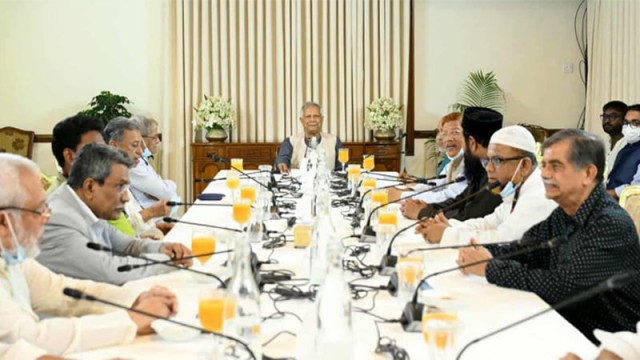
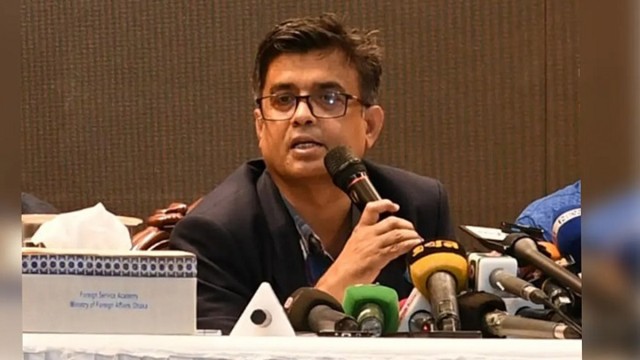
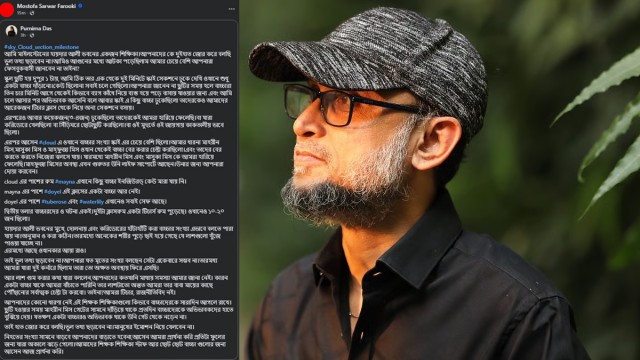
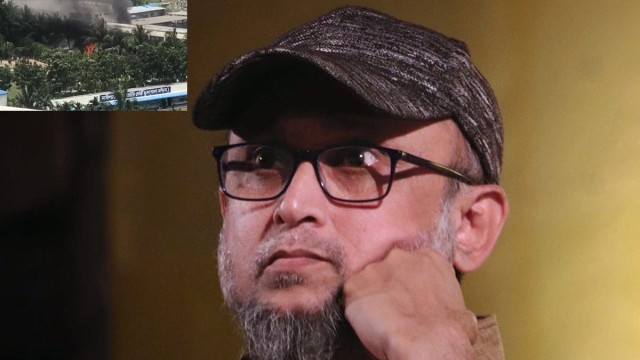
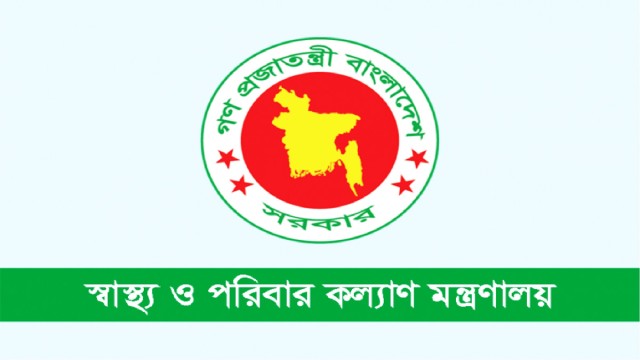

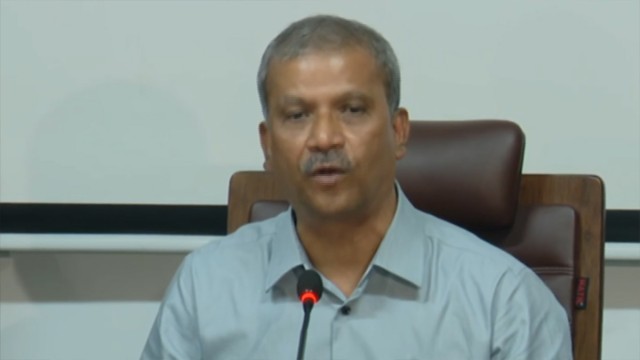
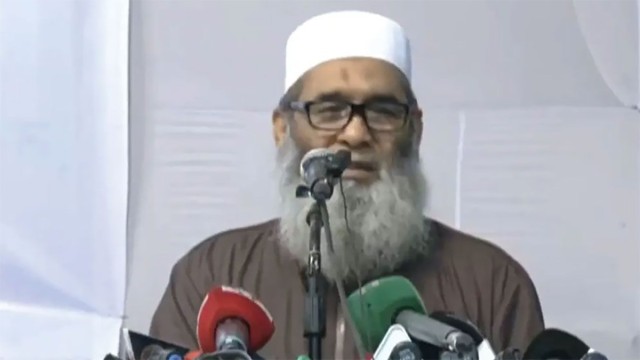
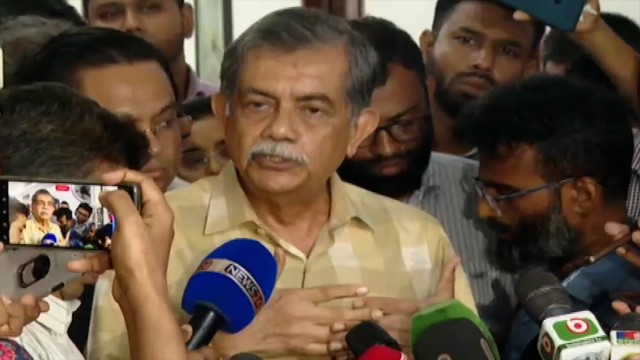

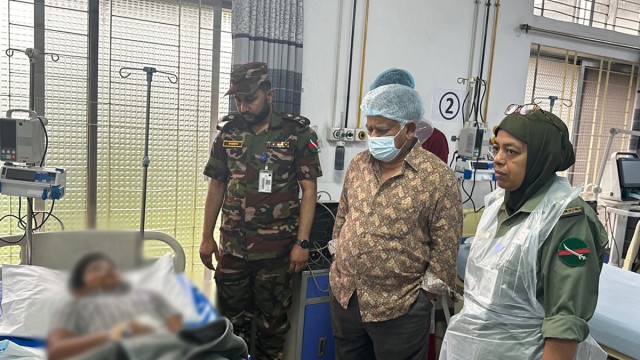
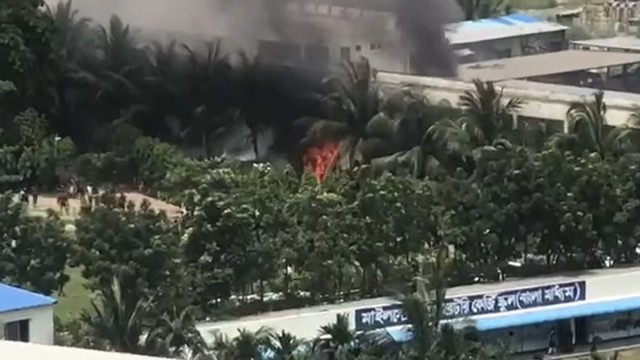
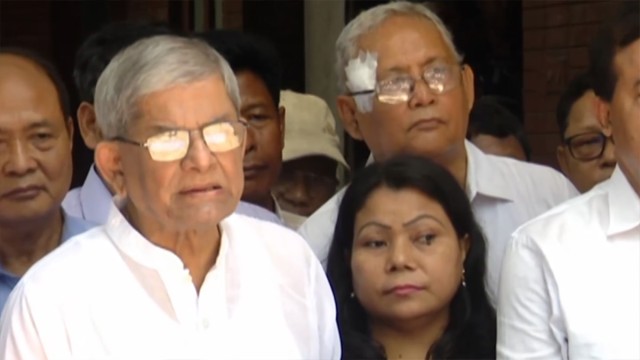

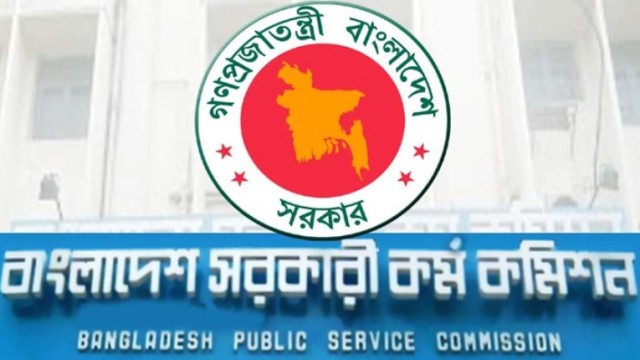
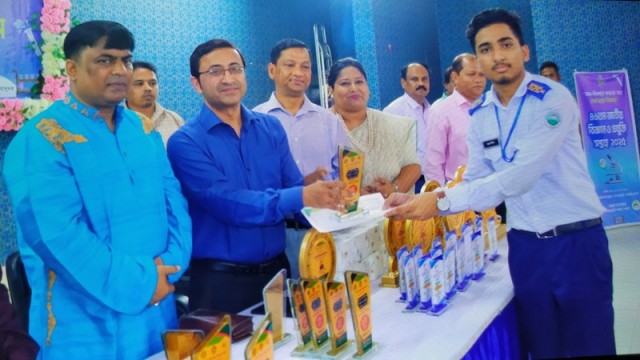
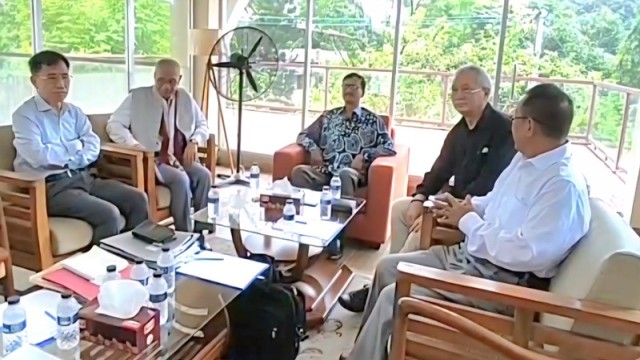
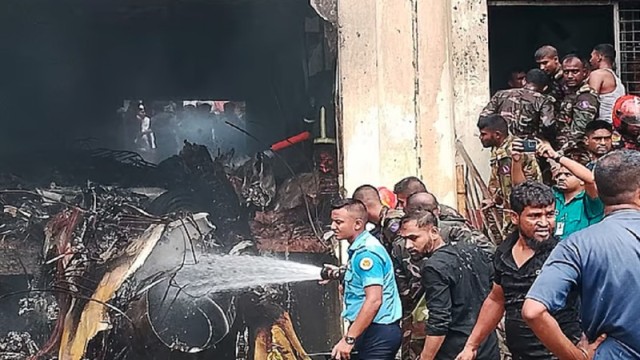
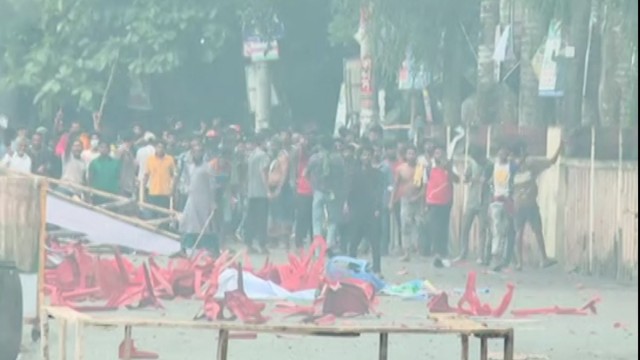

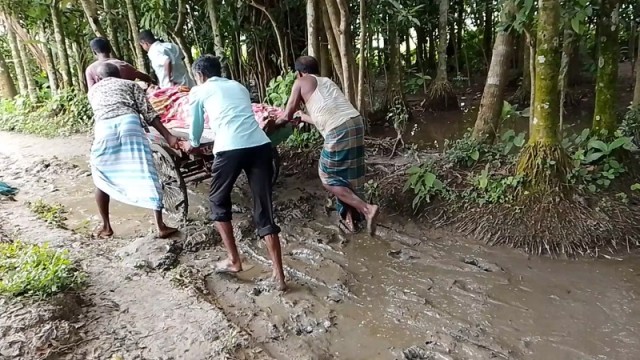
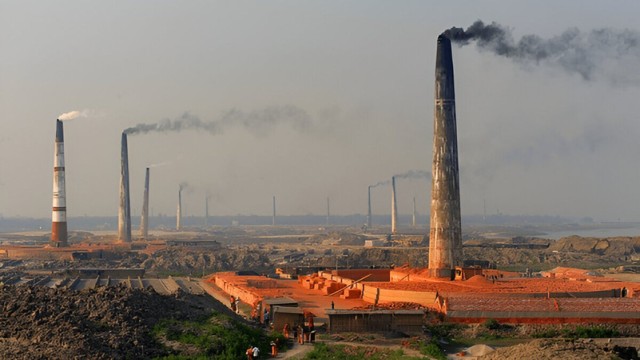
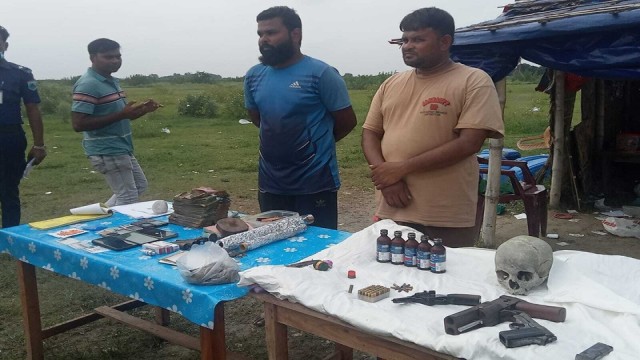
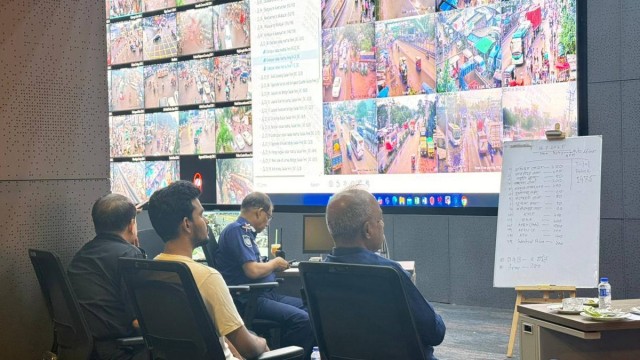
Comment: